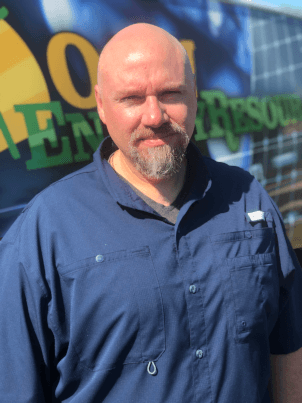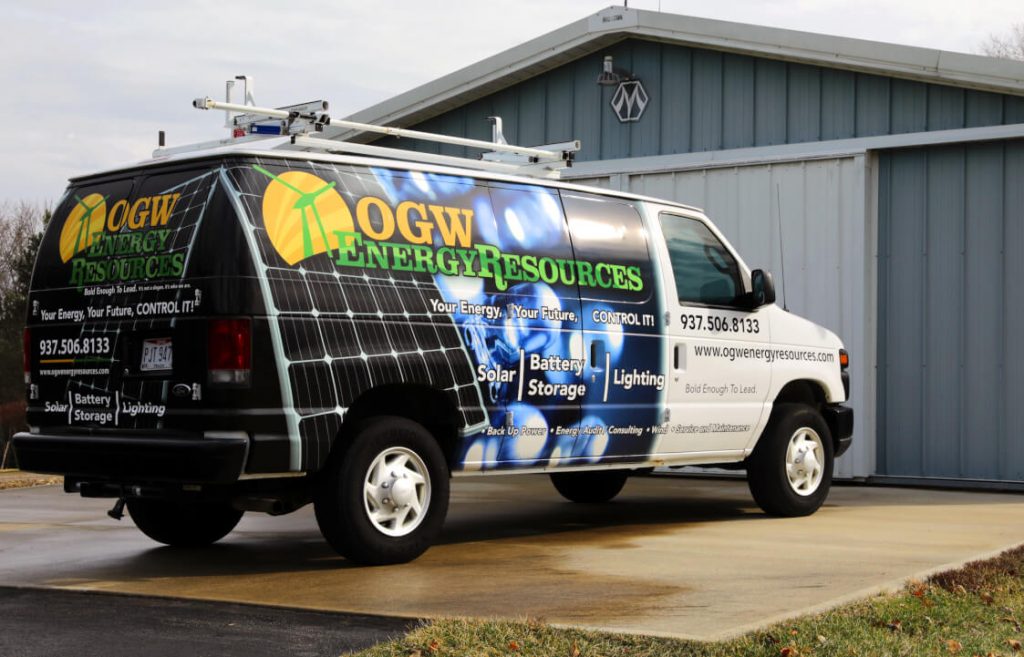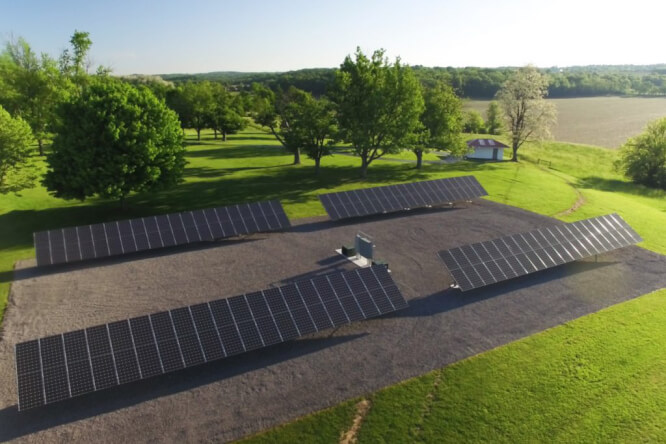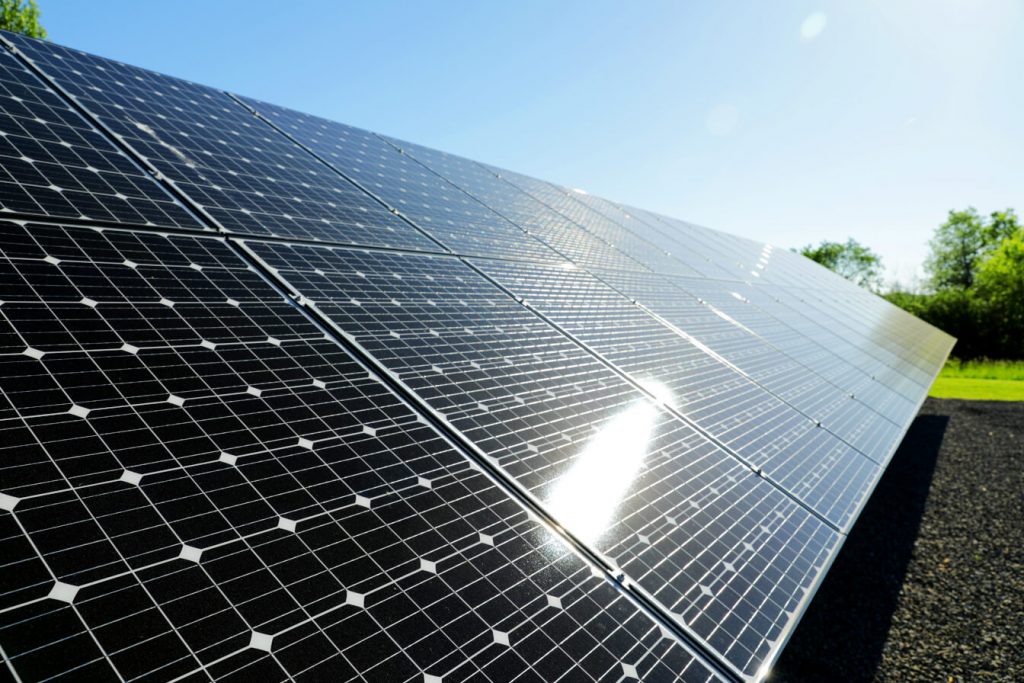By Ray Davis, President of OGW Energy Resources
Originally published in Sustainable Business Magazine, June, 2015.
OGW Energy Resources (OGW) is one of the oldest exclusively renewable and sustainable energy companies in the Midwest.
OUR CONSERVATION APPROACH
Some say that the environmental impact of human activity only became recognized as a concern in the latter half of the 20th century and environmental awareness has developed as a relatively new concern in our society. We disagree with this statement. The human race has always had excellent examples of Nations that conserve and live with the land. We believe that more and more individuals are waking up to realize a lifestyle that many of our ancestors considered everyday living.
With increased environmental consciousness from trigger events such as Three Mile Island, governments began regulating industrial activities with environmental protection in mind. As we gain a better understanding of our interaction with the environment and standards grow ever more stringent, OGW Energy Resources knows that distributive generation is one of the best ways towards impactful environmental stewardship.
Our approach towards impactful environmental stewardship . . . be our client’s fiduciary. At OGW we know environmental stewardship starts with sustaining our client’s bottom line. Period. OGW designs energy solutions that are at the forefront of innovation. We work directly with global manufacturers to develop creative, fiscally smart energy management solutions that benefit our clients.
Every renewable and sustainable energy solution we propose is tailored to our clients’ needs and their return on investment. Our goal is simple: We want to cut utility costs, increase cash flow, and give our clients a competitive edge to help their organization hedge against energy inflation. In short, we are industry advocates, linking intelligent energy solutions with sound financial sense.
TOMORROW’S CHALLENGES TO ENVIRONMENTAL STEWARDSHIP
At OGW Energy Resources, we do not have a political agenda and we do not promote solutions that make little fiscal sense.
Herbert Stein stated, “If something cannot go on forever, it will stop.” A simple and true statement that applies to the world economy, population and resources. All three issues are directly tied together. Consider that in the first 8 months of 2015, the world had over 96 million births and 40 million deaths. The world’s population is exploding and for the next 40 years it is estimated that we will see a net growth of 70,000,000 each year.
Growth on this scale will challenge every nation to preserve and protect natural resources. Simply put, natural resources will be depleted. OGW’s mantra on this front is that with a positive economic effect, sustainable and distributive generation solutions are a positive impact against the depletion of natural resources.
ONE ROAD BLOCK AFTER ANOTHER
New distributive generation fees are creating ambiguity in the renewable market place, and certain utility companies are hurting the economic viability of wind and solar.
In Arizona, a $50 a month net metering charge is being added to future customers with rooftop solar arrays.
In Indiana, HB 1320 will bring many new requirements for solar installers, as well a new interconnection costs, increase fixed utility fees, and revoking the retail rate from net metering.
In Wisconsin, the same is happening, as fixed fees and demand charges for new solar installations continue to increase.
In Utah, a new law was added in 2014 that allows utility companies to charge small renewable adopters extra fees to account for the costs associated with net metering programs. Several other states are considering laws to allow utility companies to have renewable energy related charges. Their justification and mantra is fairness. The utility companies argue that they still must maintain all the costs associated with their infrastructure and renewable adopters do not pay their share.
The funny part of this argument is that the business or homeowner that has a solar or wind system only serves to assist the utility company, particularly on high demand days. The interesting fact is that distributive generation fees do not show a clear delineation between pole and wire charges versus generation when the distributive generation adopter is less. It just doesn’t seem right to have more fees for less usage.
Operating out of the greater Dayton, Ohio, area, OGW Energy Resources sees this issue clearly as a freedom of choice issue. We advocate for our clients from a fiscally conservative standpoint. For some clients, cash flow is the most important issue and for others realizing SRECs, 30% ITC and Modified Accelerated Depreciation is suitable. At its core, the utility companies that are changing the solar industry by changing the economics through extra fees will force residential and commercial decision makers to consider a new rate variable that was not there before. Uncertainty is no friend to a viable project.

Ray Davis, OGW President and Partner



